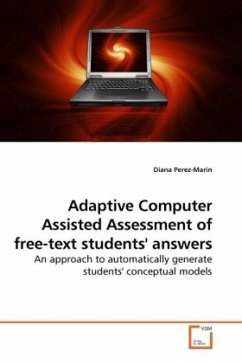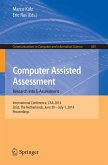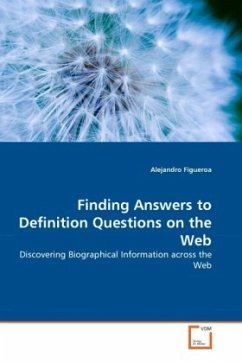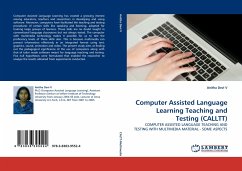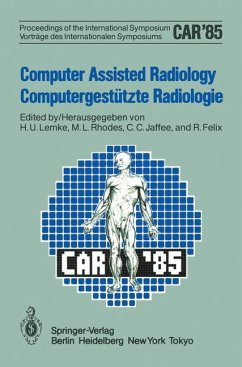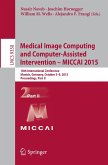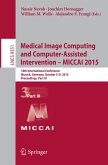Teachers aim to transmit their knowledge to students so that they acquire certain accepted and shared concepts. However, what students actually understand is, in many cases, something completely different. Students build their own conceptual models as a network of interrelated concepts depending on their particular background and emotions. In this work, a new procedure to automatically generate students' conceptual models from their free-text answers is presented. Moreover, teachers can visualize, at any time, the generated conceptual models to discern their students faulty or incomplete knowledge in order to organize more efficiently the agenda of their courses; and, students can organize their study, i.e. review which concepts have already assimilated and, which ones are still missing or are wrongly connected to other concepts. The procedure has been implemented in the Will Tools that consist of: Willow, a free-text ACAA system; Willed, an authoring tool; Willoc, a configuration tool; and COMOV, a conceptual model viewer in which several representations have been used to show the conceptual models.
Bitte wählen Sie Ihr Anliegen aus.
Rechnungen
Retourenschein anfordern
Bestellstatus
Storno

